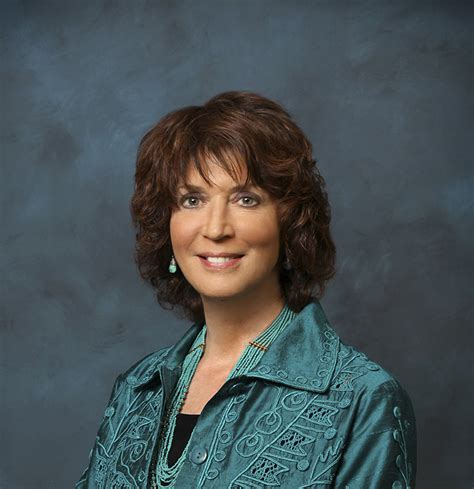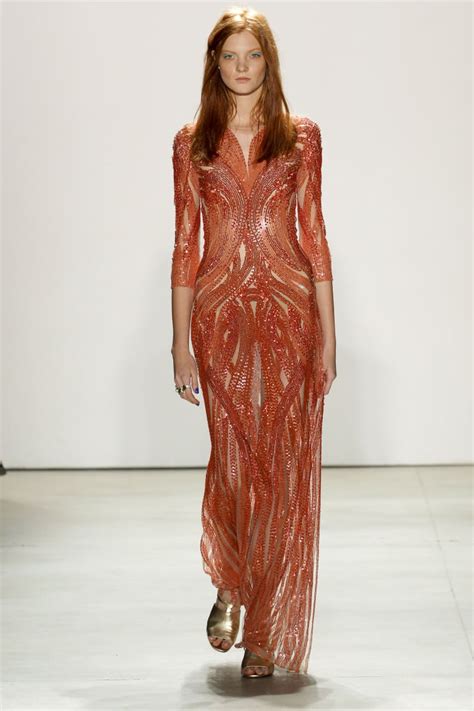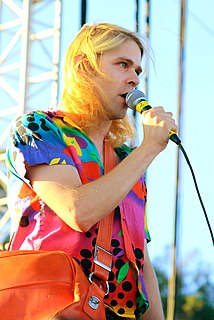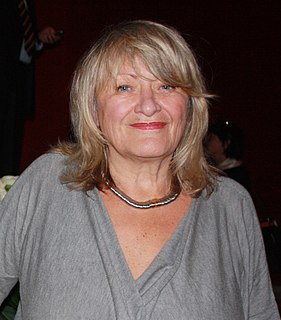A Quote by Barbara Harbach
I thought I wanted to be a performing and recording artist, and played many recitals and performances beginning in the 1970s. In the 1980s I went to the British Library and ordered and received reels of historical women and men keyboard composers, and thus was born Vivace Press.
Related Quotes
Women watched for the spectacular performances of the men, and there can be no reasonable doubt that the presence of an audience is a very important factor in shaping the men's behavior. In fact, it is probable that the men are more exhibitionistic because the women admire their performances. Conversely, there can be no doubt that the spectacular behavior is a stimulus which summons the audience together, promoting in the women the appropriate behavior.
But since the end of the 1970s, at the beginning of the revolution in Iran under Khomenei, we have experienced a politicization of Islam. From the beginning, it had a primary adversary: the emancipation of women. With more men now coming to us from this cultural sphere, and some additionally brutalized by civil wars, this is a problem. We cannot simply ignore it.
John declared that "Christ received not of the fulness at the first," but that he "continued from grace to grace until he received a fulnesss and thus he was called the Son of God, because he received not of the fulness at the first." Thus is it with us all. We must work out our salvation and exaltation by coming to this earth. Man must be born into mortality and live and die that he may continue in his progress toward eternal life and exaltation.
I love songwriting ! It's my Number One passion other than performing. Well, actually it's like wearing three different hats: songwriting, recording and performing. They're all completely different and draw on different types of skills. With recording, there are so many different phases of production, and you have to be very careful because you can polish it until it doesn't shine.
Thus ordered thinking arises out of the ordered course of nature in which man finds himself, and this thinking is from the beginning nothing more than the subjective reproduction of the regularity according to the law of natural phenomena. On the other hand, this reproduction is only possible by means of the will that controls the concatenation of ideas.






























